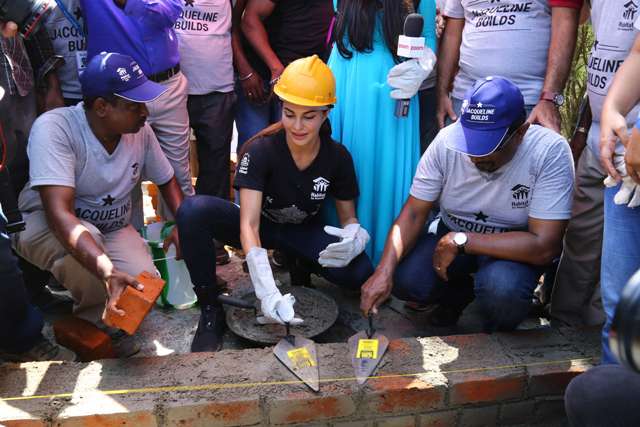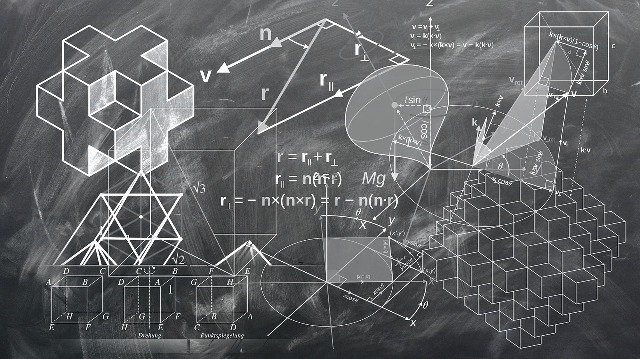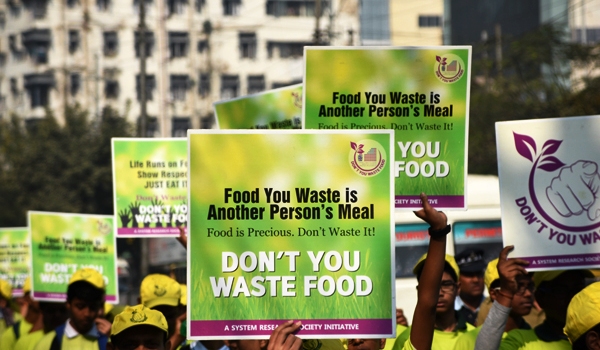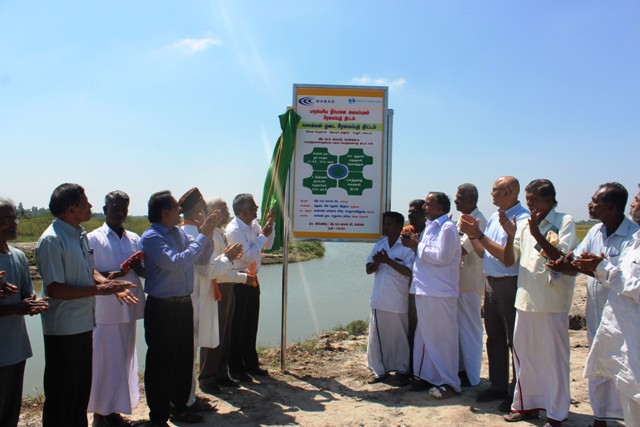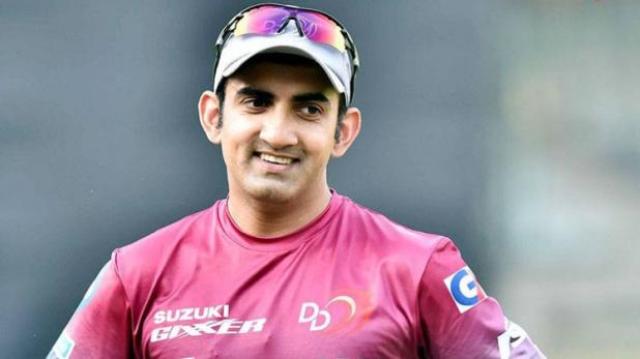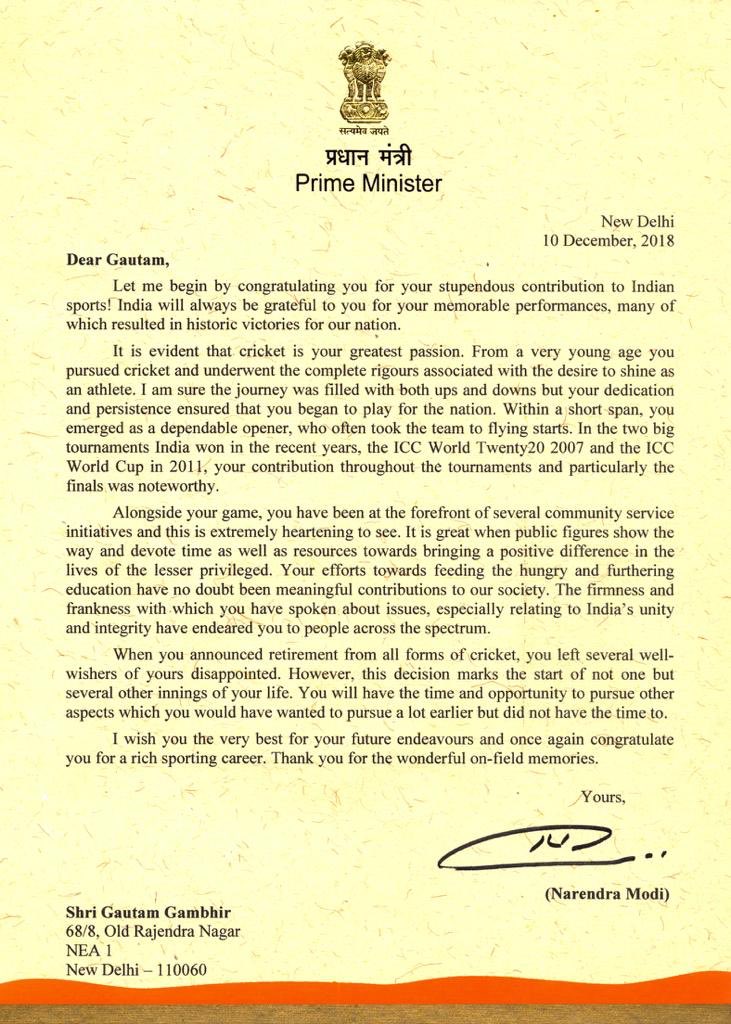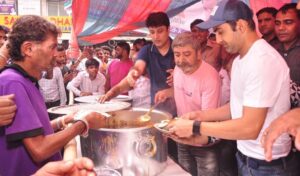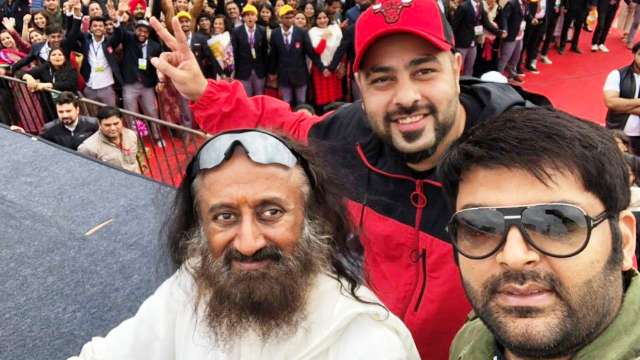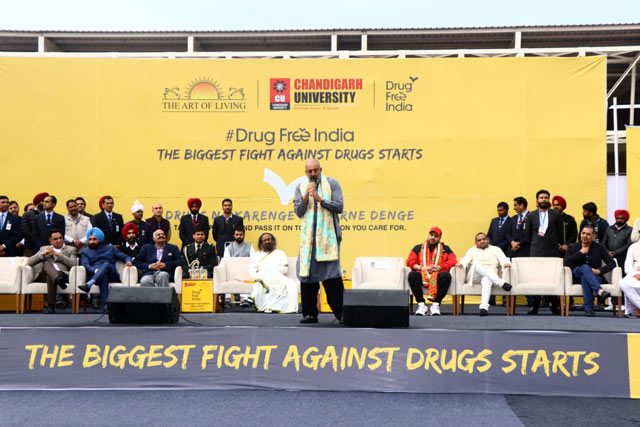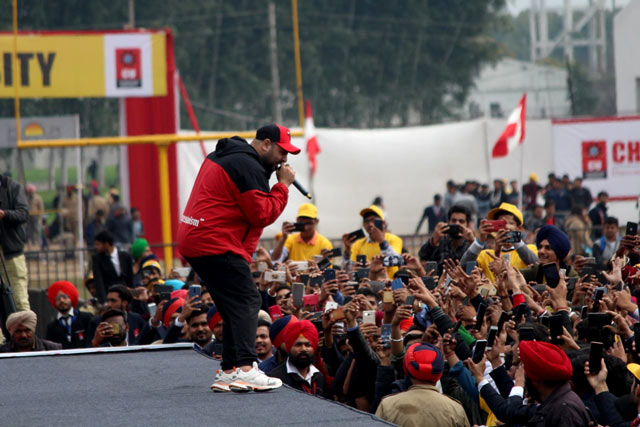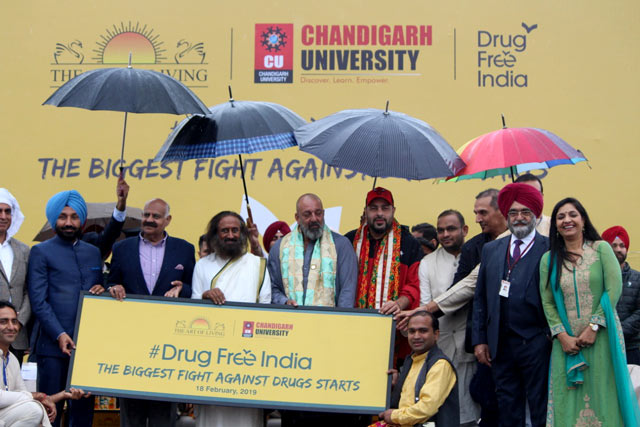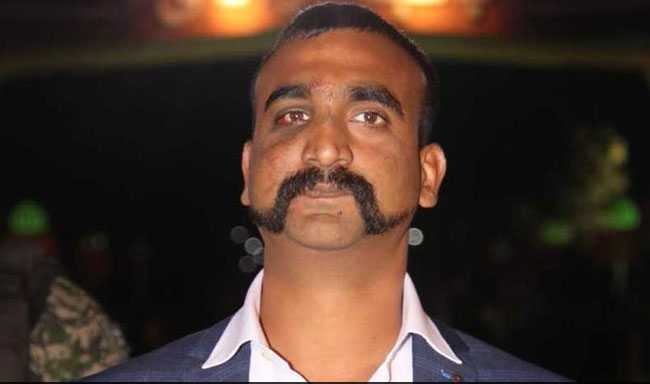The United Nations Alliance for Sustainable Fashion will be officially launched March 14, during a media event of the 4th U.N. Environment Assembly in Nairobi, Kenya.
While different U.N. institutions have tried to encompass fashion in various sustainability initiatives, this will mark a more comprehensive approach to address all aspects of a sustainable fashion industry.
Just as consumers have learned about the environmental farm-to-table choices, sustainability supporters are hopeful that greater awareness about the need for sustainable fashion will lead to changing the consumption and production habits.
The Alliance for Sustainable Fashion is comprised of U.N. and specialized agencies, including Connect4Climate-The World Bank Group, Ethical Fashion Initiative-International Trade Centre, FAO, ILO, U.N. Climate Change (UNFCCC), UNECE, U.N. Environment, U.N. Global Compact, U.N. Office for Partnerships and other groups, according to Michael Stanley-Jones, the co-secretary of the new alliance.
The objective is to “coordinate the U.N. system’s response to the challenges that the textiles, fashion and accessories sectors face in achieving the 2030 Agenda for Sustainable Development,” he said.
Stanley-Jones said, “Fashion is cross-cutting, so to capture the opportunity that fashion presents, the U.N. and its partners need an integrated approach that cuts across individual Sustainable Development Goals to realize the multiple benefits offered by the 2030 Agenda…Fashion demands a comprehensive, integrated approach, one that stretches our understanding of joint action by producers, consumers and governments. Fashion is sustainable development’s greatest challenge and its greatest opportunity.”
In advance of the U.N.’s Economic Commission’s ‘Fashion and the SDGs: What Role for the U.N.?’ forum last year in Geneva, organizers noted how the $2.5 trillion industry is the second highest user of water worldwide, generating 20 percent of global water waste. The production of one shirt requires 2,700 litres, which is comparable to the amount a person drinks in 30 months.
In addition to the environmental impact, the fashion industry is linked to labour, gender and poverty issues, which are also outlined in the SDGs. The U.N noted how one in six people in the world work in fashion-related jobs, with women comprising 80 percent of the labour force throughout the supply chain.
Engaging with stakeholders on an ad hoc basis, the Alliance is in contact with a wide range of stakeholders, including African Fashion Fund (Ghana), Commonwealth Fashion Council (U.K.), Conscious Fashion (Kenya), Ellen MacArthur Foundation (U.K.), Fashion for Conservation (U.S.), Lakmé Fashion Week (India), Neonyt (Germany), Sustainable Apparel Coalition (U.S. and the Netherlands).
Having been cooperating with the office of the U.N. Secretary General for the past nine years, Fashion 4 Development will be involved with the launch in Nairobi in March, said F4D founder Evie Evangelou. She said her group will be working with U.N. partnerships to make this a successful alliance with our expertise and patronage to the U.N. for the past nine years.
In addition, another event is being planned to drum up interest in sustainable fashion initiatives at the U.N. in New York.
Source: WWD.com




